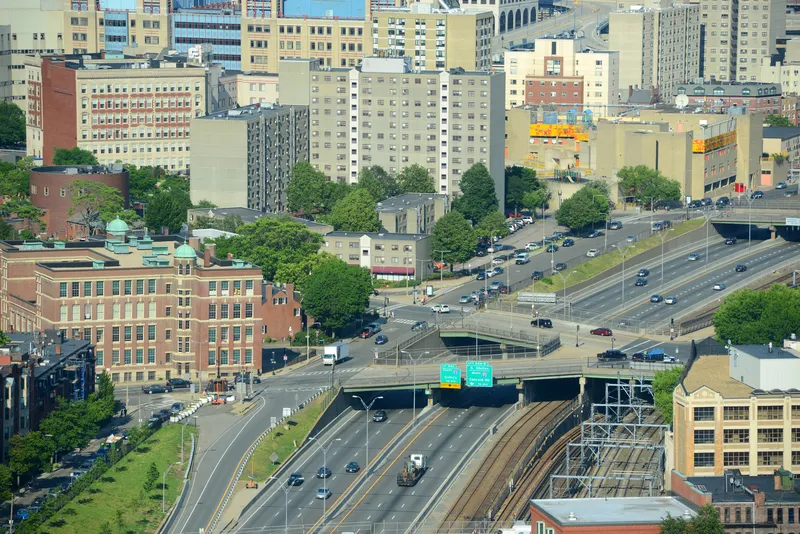The
The project will deliver the 26km Bus Rapid Transit Line Red Line Corridor and associated facilities. More than 300,000 passengers per day are expected on the Red Line BRT routes.
It will include the construction of 29 stations and dedicated lanes, a roadway with up to six lanes in each direction, on-street parking and green areas well as the installation of bicycle lanes, improved pavements and energy-efficient streetlights.
ADB says the initiative will establish sustainable BRT operations by improving the capacity of relevant transport authorities, and will also implement a bus industry transition programme as well as deliver a BRT fleet, ITS and biogas plant.
The bank will administer an $11.8m grant to finance climate change adaptation measures and post-project emissions monitoring activities. It will also offer a $37m loan to finance the biogas plant and the incremental cost of transitioning to compressed natural gas hybrid bus technology, with the biomethane extracted from cattle waste.
As part of the project, ADB will administer two $100m loans from the Asian Infrastructure Investment Bank and the French Development Agency to finance the civil works and equipment costs.
ADB approves grant for BRT in Karachi
The Asian Development Bank (ADB) has approved a $235 million loan to help develop a bus rapid transit (BRT) system in Karachi, Pakistan.
The project will deliver the 26km Bus Rapid Transit Line Red Line Corridor and associated facilities. More than 300,000 passengers per day are expected on the Red Line BRT routes.
It will include the construction of 29 stations and dedicated lanes, a roadway with up to six lanes in each direction, on-street parking and green areas well as the installation of bicycl
July 23, 2019
Read time: 2 mins








